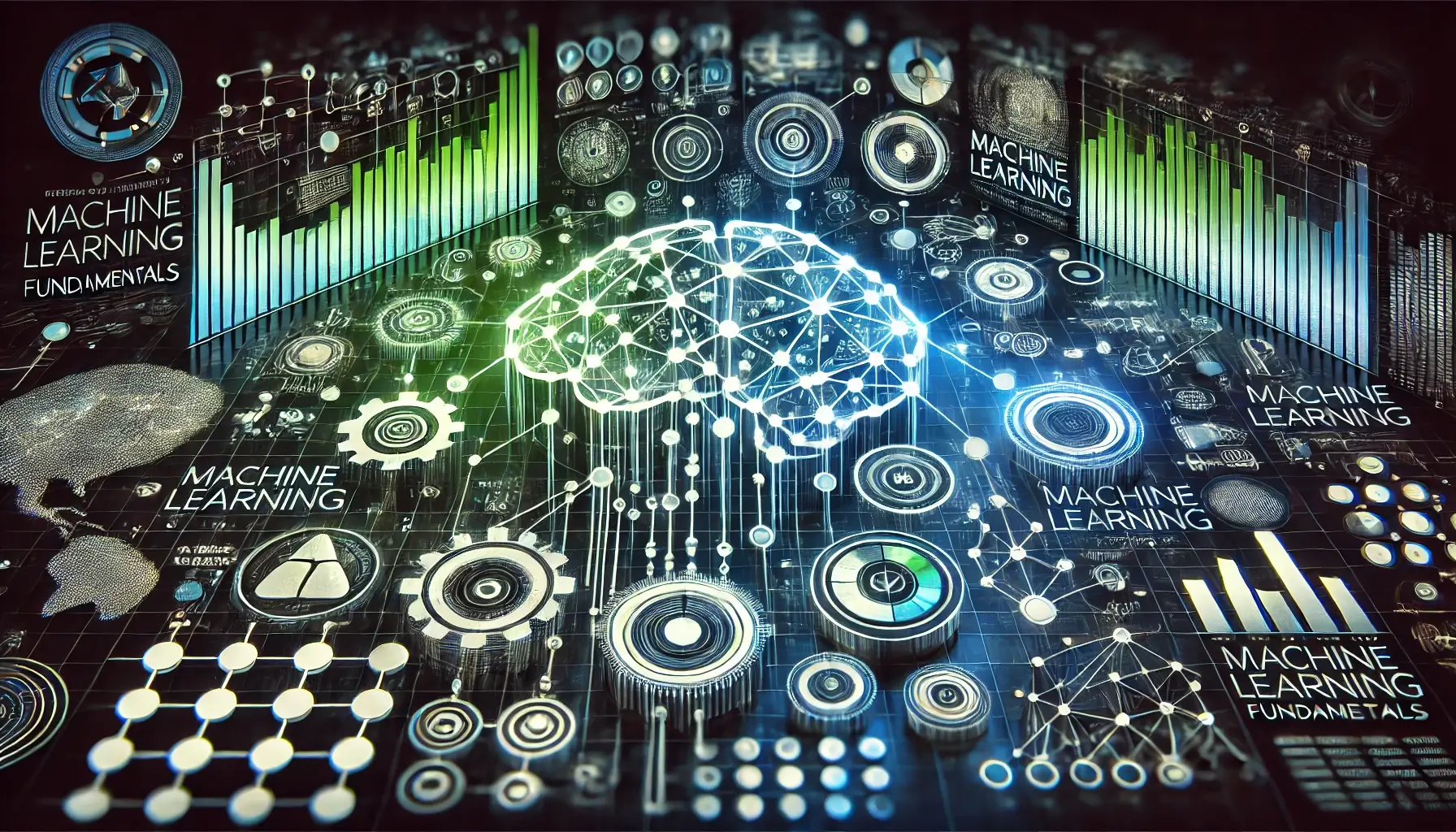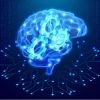
While some math background is beneficial, we cover the necessary concepts, and our focus is on practical application and intuition.


Machine Learning Fundamentals Course
Machine Learning has emerged as one of the most transformative technologies of the 21st century. Since its mainstream adoption in the early 2000s, it has revolutionized numerous industries and continues to shape our daily lives in countless ways:
The demand for machine learning professionals has skyrocketed across these industries and beyond. By mastering machine learning fundamentals, you're not just learning a set of algorithms; you're equipping yourself with a problem-solving approach that applies to a vast array of challenges. Machine learning skills are highly sought after and transferable, offering diverse career opportunities and the chance to work on cutting-edge projects.
Furthermore, as we face increasingly complex global challenges—from climate change to pandemic response—machine learning plays a crucial role in developing innovative solutions. Machine learning practitioners are at the forefront of these efforts, making it an incredibly impactful and rewarding field to enter.
By taking this course, you're investing in a skill set that's not only in high demand but also positioned to shape the future. Whether you're looking to start a career in AI, enhance your current role with data-driven insights, or stay competitive in an increasingly automated world, mastering machine learning fundamentals is a strategic move. You'll open doors to exciting career prospects, have the opportunity to work on groundbreaking projects.
Ch. 1
?What is Machine Learning
Ch. 2
History of Machine Learning
Ch. 3
Supervised Learning
Ch. 4
Overfitting and Underfitting
Ch. 5
Evaluating Performance
Ch. 6
Classification
Ch. 7
Regression
Ch. 8
Unsupervised Learning
Ch. 9
Reinforcement Learning
Ch. 10
Framing a Learning Problem

Alex Shoihat
Head of Machine Learning Departments
Alex holds a B.Sc. in Information Systems and an M.A. in Electrical and Electronic Engineering.
As a Machine Learning Engineer at Embedded Academy, Alex specializes in the field of artificial intelligence, applying over 13 years of experience in project development, management, and transitioning from development to production in various domains such as Linux Embedded.
Throughout his career, Alex developed his expertise working with the integration of Machine Learning and Deep Learning in the Computer Vision and Data Analysis field.
While some math background is beneficial, we cover the necessary concepts, and our focus is on practical application and intuition.
We primarily use Python, as it's the most popular language in the ML community. However, the concepts you learn can be applied in other languages.
Yes, this course is designed to build a strong foundation in ML, starting from the basics. However, some programming experience is recommended.
Absolutely! The course includes hands-on projects using real-world datasets to give you practical experience.
Yes, students who successfully complete the course and pass the final project will receive a certificate of completion.
News, insights, and learning resources from Embedded Academy
